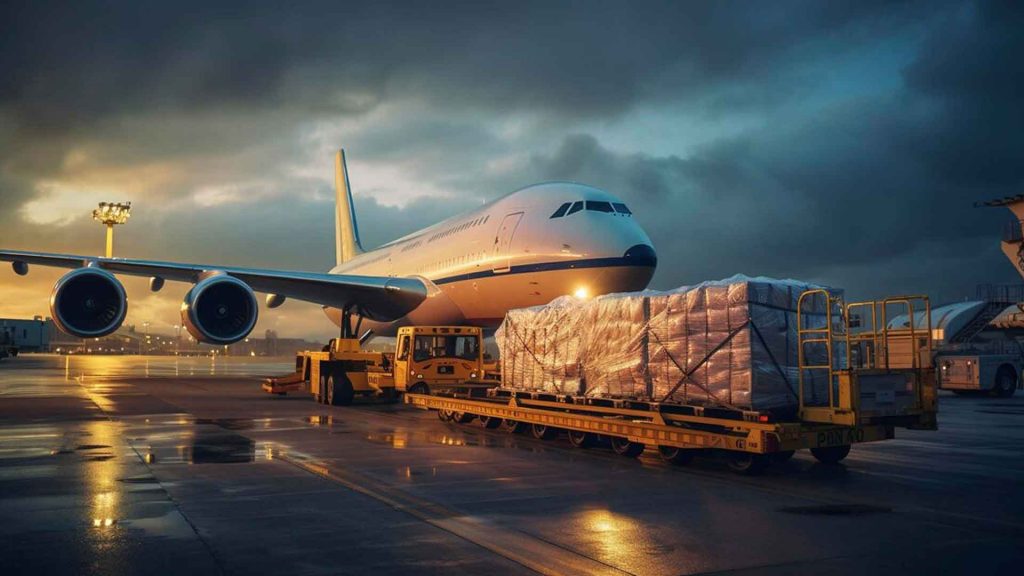Air travel has revolutionized the way we explore the world, connecting distant destinations and making travel more accessible than ever before. However, despite its convenience and efficiency, there exists a cohort of individuals who harbor a deep-seated dislike for air travel. In this blog post, we will delve into the multifaceted reasons behind this phenomenon, shedding light on the psychological, physical, and logistical factors that contribute to this discontent.
- Fear of Flying:
One of the primary reasons some people dislike air travel is the fear of flying, known as aviophobia. This fear can stem from various sources, such as a lack of control, turbulence, or a fear of heights. Understanding the psychological underpinnings of this fear is crucial in addressing and alleviating it. Techniques like cognitive-behavioral therapy and exposure therapy can help individuals overcome their fear and develop a more positive perception of air travel. - Discomfort and Physical Disruptions:
Air travel often entails long hours spent in cramped spaces, which can lead to physical discomfort and disruptions. Limited legroom, uncomfortable seats, and the inability to move freely can contribute to feelings of restlessness and unease. Additionally, the dry cabin air, changes in air pressure, and jet lag can further exacerbate the physical discomfort associated with air travel. Airlines can mitigate these issues by investing in more comfortable seating arrangements, providing amenities to enhance passenger comfort, and offering strategies to combat jet lag. - Security and Safety Concerns:
In an era marked by heightened security measures, some individuals may feel anxious or inconvenienced by the rigorous security protocols associated with air travel. The need to undergo thorough screenings, remove personal belongings, and adhere to strict regulations can be perceived as intrusive and time-consuming. Enhancing security procedures while simultaneously ensuring a smooth and efficient process can help alleviate these concerns and create a more positive travel experience. - Environmental Impact:
With growing awareness of climate change and environmental sustainability, some individuals may dislike air travel due to its significant carbon footprint. The emissions generated by aircraft contribute to greenhouse gas emissions and air pollution. This concern has led to the rise of alternative travel options, such as train travel or eco-friendly airlines, which prioritize reducing their environmental impact. Encouraging the development of greener aviation technologies and promoting carbon offset programs can help address these concerns and make air travel more environmentally friendly. - Logistical Challenges:
Air travel often involves navigating through crowded airports, dealing with flight delays or cancellations, and managing baggage. These logistical challenges can be frustrating and time-consuming, leading to a negative perception of air travel. Improving airport infrastructure, enhancing communication during disruptions, and implementing efficient baggage handling systems can help alleviate these challenges and enhance the overall travel experience.
Conclusion:
While air travel has undoubtedly transformed the way we explore the world, it is essential to recognize and understand the reasons behind some individuals' dislike for this mode of transportation. By addressing the psychological, physical, and logistical factors that contribute to this discontent, airlines and industry stakeholders can work towards creating a more enjoyable and inclusive air travel experience for all passengers.




More Stories
What Makes the Electric Farm ATV Vehicle a Serious Tool for Off-Road Terrain?
Door to Door International Container Shipping as Foundation for Predictable Global Trade
Discover the Advantages of TOPSTAR Electric Bikes for Commuting: Reviews Inside!